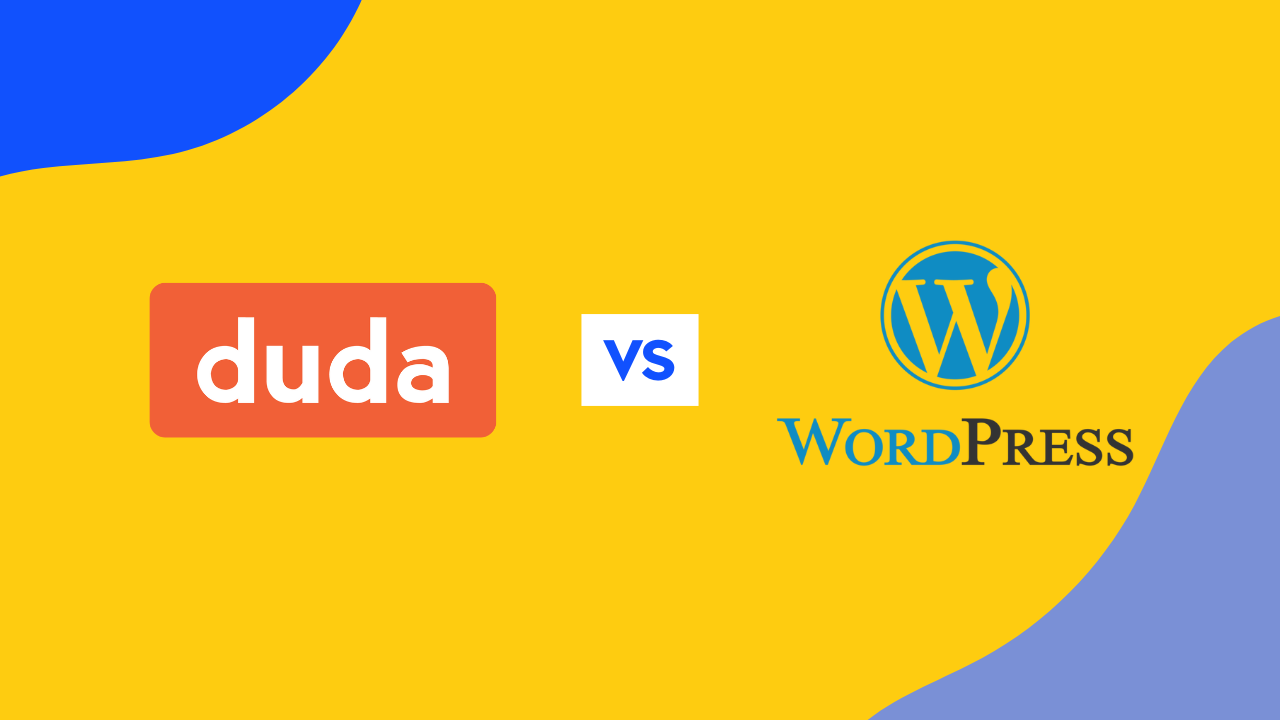
- SEO Strategy, Search Engine Optimisation, SEO, Ecommerce SEO, Ecommerce SEO Strategy
Recent articles
our mailing list
SEO For E-Commerce Websites: Best Practices To Increase Organic Traffic

Your SEO Strategy Depends On Your Business. Here’s How To Top SERPs For E-Commerce.
Learning more about SEO will provide you with some of the essential knowledge you need to have on hand if you want to work your way to the top of SERPs. That being said, no two websites are going to be the same. For example, the needs of a business owner with a professional portfolio website will vary compared to someone with an e-commerce website.
SEO for e-commerce websites requires you to focus on a wider range of content in order to ensure not only that your store is getting attention, but also that all the products you sell are visible to consumers. The good news? Getting started isn’t as difficult as it seems!
Let’s take a closer look at SEO e-commerce in the guide below to break it down and help you reach your digital marketing goals.
What Is Ecommerce SEO?
If you already have an SEO strategy in place, you’re likely familiar with the work that goes into helping your content and website copy rank in search engines. SEO for e-commerce websites is designed specifically for those who are selling online products via a digital storefront.
Whereas someone with a basic website and blog selling professional services is only looking to rank for the content on these pages, those who operate their own e-commerce store need to gain visibility for their website, content, and the products that they’re looking to sell.
With the right SEO e-commerce websites tips and tricks, you’ll be better prepared to create a strategy that works specifically for your business (although you’ll pick up some helpful information that will apply to other areas of your website along the way and have a foundation to know what you need when you approach an SEO agency in Sydney).
Why SEO For Ecommerce Matters?
- 1. According to available data, there are approximately 12 to 24 million e-commerce websites out there, with more appearing every day. Focusing on your SEO strategy is critical to competing in such a market flooded with competitors.
- 2. When selling products, you’re not just up against other companies seeking to tap into organic traffic—you’re up against paid ads, featured snippets, and other things that populate SERPs. Knowing how to reach the top of SERPs puts you in a better position to get more clicks on your website and products.
- 3. Organic traffic is consistent traffic, and it doesn’t require you to make consistent investments like paid ads do. Learning how to use search engines like Google to boost online visibility can save you money over the long term.
Put simply, learning how to properly optimise your website means the difference between a store that remains in obscurity and one that manages to hold its own against established companies and rising e-commerce stars alike. But with all that in mind, where are you supposed to begin?
How To Develop An Ecommerce SEO Strategy?
As you navigate SEO for e-commerce websites, you’ll discover that there are quite a few things that SEO for e-commerce has in common with general SEO tactics. However, it’s minor variations in approach that can make all the difference.
Let’s explore some helpful SEO e-commerce website tips and tricks that will help you develop an online storefront that ranks and captures the attention of your target audience.
Perform Keyword Research The Right Way
Most business owners are somewhat aware of keyword research. Knowing what keywords to use, how frequently, and where will help you leverage Google’s algorithm to your advantage so that you can increase traffic to your website.
However, e-commerce store owners won’t be just focused on finding the right keywords for their website copy and their blog content. They also need to make sure that they’re finding the right keywords to help their products rank in SERPs as well.
When you conduct product research for SEO for e-commerce websites, there are several things that you need to focus on in order to ensure you’re getting the best possible keywords for your product listings:
- Buyer intent: People who find your website will land there for a specific reason. If they end up at one of your blogs, they’re likely looking for how-to guides or informational articles. If they end up at your product, they’re looking for something specific. Make sure your keywords line up with buyer intent to reduce bounce rates and encourage conversions.
- Keyword competition: How competitive are keywords? What’s your domain authority? If you’re looking to rank for highly competitive keywords with a low DA, you’re going to have a hard time hitting the top of SERPs.
- Search volume: How many people are searching for your keyword? Will you be able to generate enough traffic using that keyword, or will you see limited visits as a result?
- Product-focused: Keywords should reflect the product listing. Keywords that are unrelated may cause visitors to leave your store, as the page they landed on was irrelevant to their search.
Establish An Easy Site Architecture
User experience has an effect on SEO, especially SEO for e-commerce websites. If your store is difficult to navigate, chances are that visitors won’t spend too long trying to figure out your website’s architecture.
When you’re creating your e-commerce website, focus on developing one that’s speedy, aesthetically pleasing, and easy to use. If you can manage all of the above, you won’t only improve your SEO strategy but also have a website that customers will love using as well.
Focus On On-Page SEO
- Meta titles and descriptions, which should be properly optimised with your keywords.
- Page URLs.
- Product descriptions and page content for your products.
- Internal linking opportunities, whether you’re linking specific products in category content or even linking to relevant, informative blog posts.
- Add Schema Markup, and see if there’s an opportunity to add structured data as well.
Create High-Quality Backlinks
Speaking of the various types of SEO that are relevant in SEO for e-commerce websites, off-site SEO matters as well. Having backlinks from websites with a high DA will signal to Google that you’re a website that’s trusted by others, thereby boosting your own DA.
Getting backlinks can be a bit more involved, but some strategies you can employ include guest blogging, creating valuable digital assets like infographics, and networking with others in your industry or similar industries.
Help Your E-commerce Website Rise To The Top Of SERPs With Sydney Digital Marketing
Need some help making your e-commerce website stand out from the competition? Sydney Digital Marketing is a full-scale marketing agency that specializes in SEO for e-commerce and beyond. We’re here to provide you with the support you need to rank on SERPs and give your business the visibility it needs in the digital era.
Ready for high-quality SEO agency Sydney support? Contact us at Sydney Digital Marketing today!




